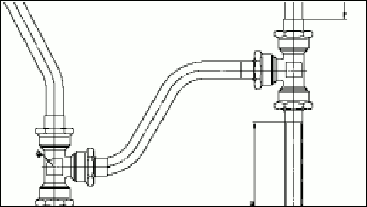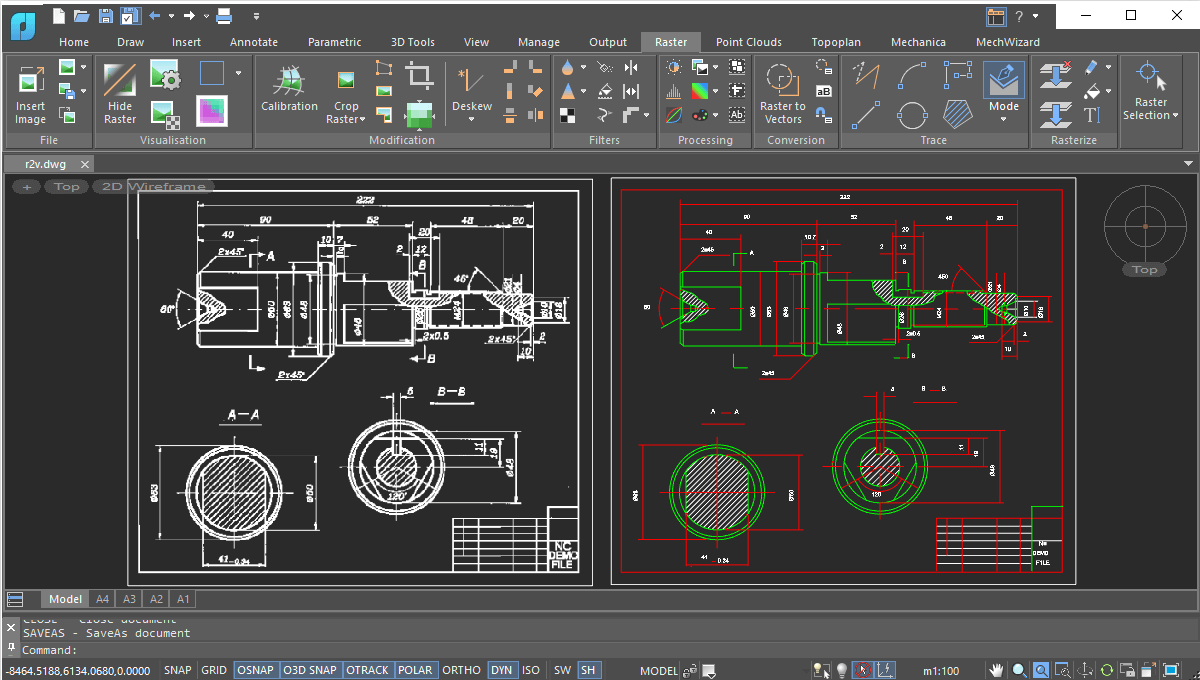

nanoCAD Raster - A raster editing software
nanoCAD’s Raster module extends the nanoCAD platform with tools that import, correct, and vectorize raster images.
New in Raster Module
The Raster Module is brand-new to nanoCAD
Get Started
Key Features

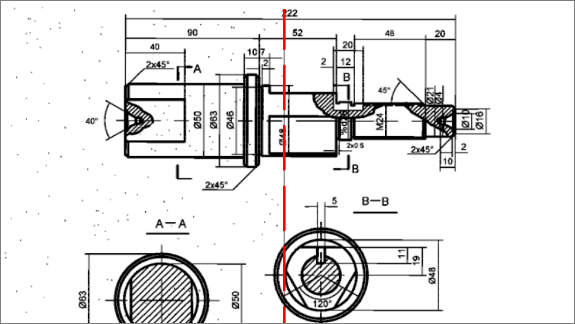
Monochrome Filtering
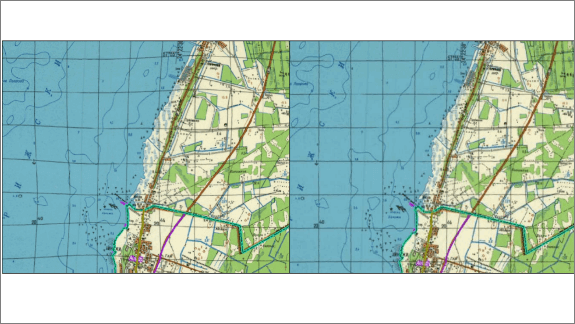
Correcting Image Geometry
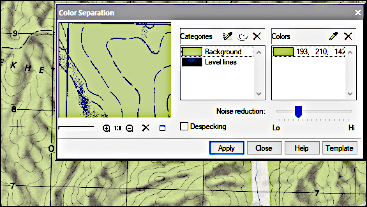
Color Reduction and Separation
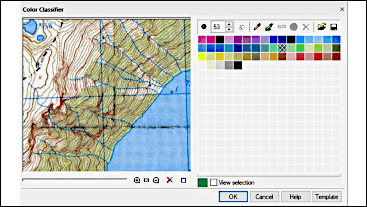
Color Correction
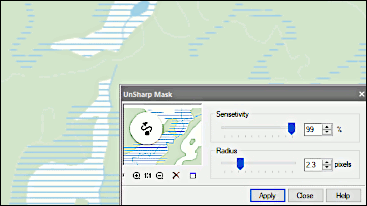
Color Filtering
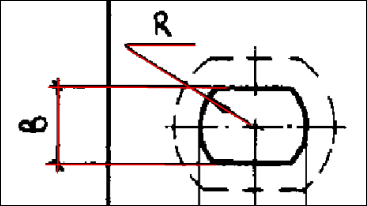
Semi-automatic Tracing
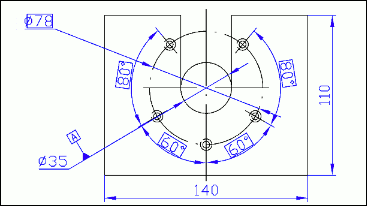
Rasterization
